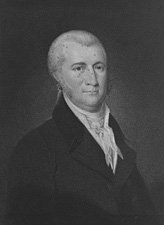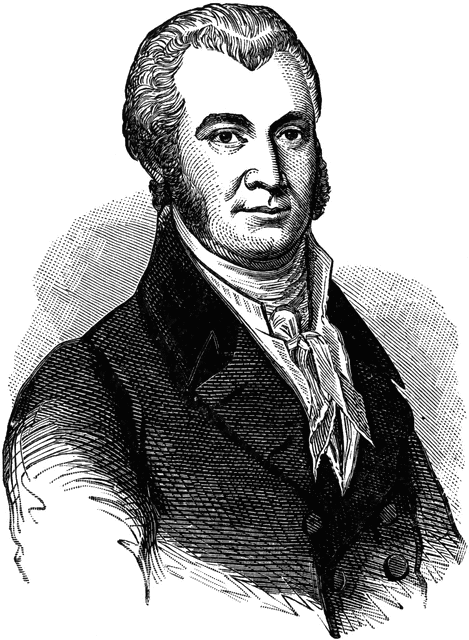

I tell my students that the present often shapes our understanding of the past. In a short piece at The Panorama, veteran American historian James Banner Jr. writes about how Liz Cheney’s resistance to Donald Trump and her defense of the United States Constitution helped him better understand James Bayard, the Delaware congressman who resolved the electoral tie between Thomas Jefferson and Aaron Burr in the presidential election of 1800.
Here is a taste:
Yet it was not until Congresswoman Liz Cheney broke decisively with her fellow Republicans, accepted the vice chairmanship of the House committee empanelled to investigate the January 6, 2021 attack on the Capitol, and unlike most other Republicans decisively and publicly turned on the former president that I understood the full significance of Bayard’s long-ago act and the full implication of his justifications for it. Just like Representative Cheney, Bayard had fallen on his sword on principle—in defense of the Constitution as the Constitution. Like her, he had acted to preserve American constitutional government without regard to any particular interpretation of the Constitution, indeed in defiance of his party’s burn-the-house-down opposition to both Jefferson and Burr. Like Cheney, Bayard had stepped forward to save the Constitution simply because it was the Constitution—period. His, like hers, was one of the rare disinterested political acts in American history, one taken in the full light of day.
Thus did a historical moment in my own life lead me to see a past event in a new light. Without having witnessed the extraordinary political courage of Liz Cheney, I might have missed the meaning that lay unrecognized in Bayard’s words for almost 225 years. Congresswoman Cheney, acting in the present, had given new meaning to the past.
These kinds of contrapuntal transactions between past and present often guide historians in their search for understanding of the past. They never know when mirrorings of past and present will occur. Nor do they know when a person whose politics are not their own will open the door to the acts of a past figure whose politics would probably not have been theirs either. But now, if either Bayard or Cheney were to walk into the room where I write these words, I’d rise to my feet and, their politics and policies aside, salute them both for their fortitude in standing up for the Constitution for a single, simple reason—because it’s the Constitution of the United States. No other reason would be needed to get me to my feet.
Read the entire piece here.